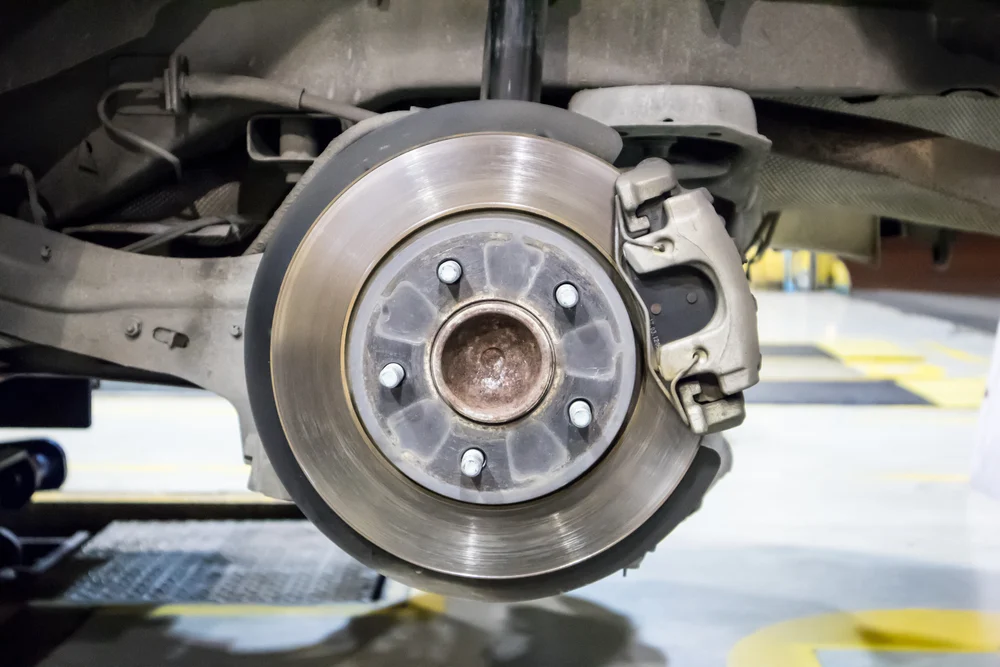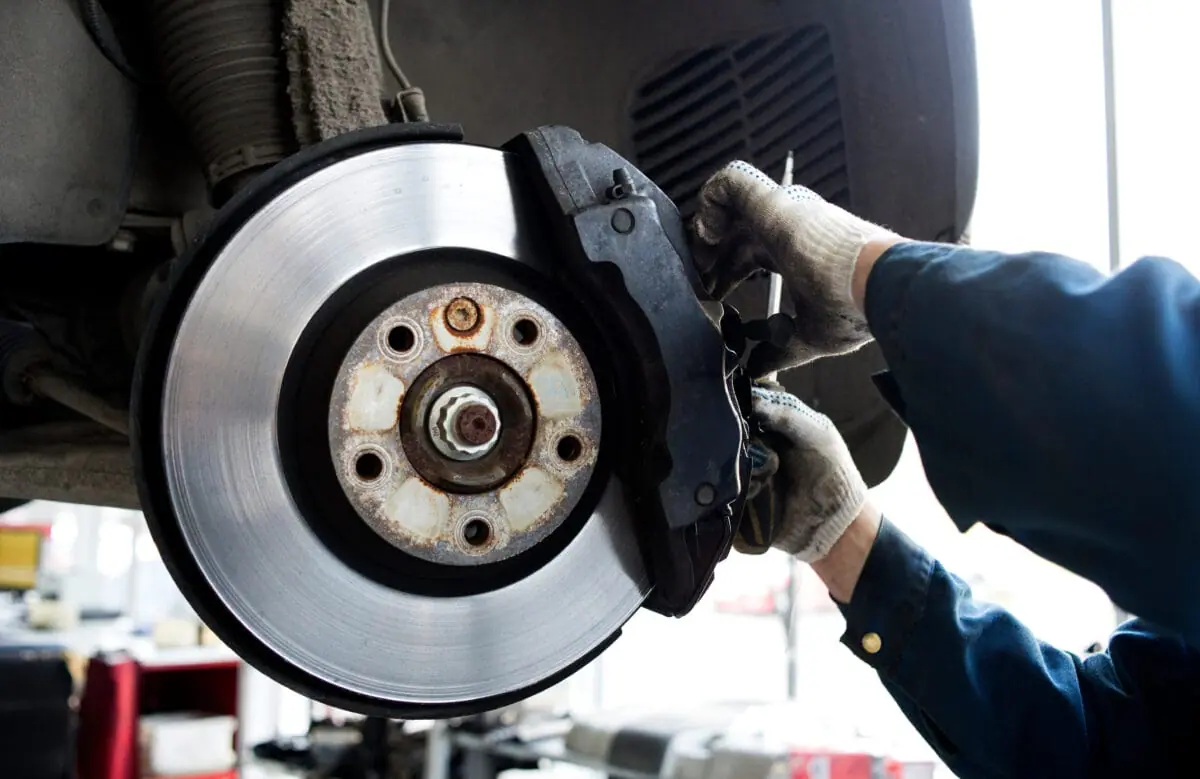Brake pads typically last around 70,000 miles, but poor driving habits can shorten their lifespan to as little as 25,000 miles. To extend the life of your brake pads and avoid premature replacement, it’s important to practice preventative driving habits and recognize when your brakes need maintenance. While some factors affecting brake longevity are beyond your control, adjusting your driving style can make a significant difference in preserving your brakes.
Brakes are designed to handle the wear and tear of regular driving, but excessive use or improper driving can lead to premature wear. Aggressive driving, frequent stop-and-go traffic, and heavy braking all accelerate brake pad deterioration. By modifying these behaviors and performing regular maintenance, drivers can increase the lifespan of their brakes and avoid costly repairs.

One of the most effective ways to extend brake life is to invest in high-quality brake pads. High-quality pads provide better performance and durability, reducing the frequency of replacements. While these pads may cost more upfront, they ultimately offer better value by enhancing safety and reducing the need for frequent brake replacements. Your vehicle’s technician can help you choose the right brake pads for your car’s make and model.
Another simple yet impactful habit is coasting before applying the brake pedal. By easing off the accelerator and letting your vehicle slow down naturally, you reduce the stress on your brake pads. Braking at high speeds causes more wear, so allowing your car to decelerate gradually before using the brakes can significantly prolong pad life. Additionally, keeping your vehicle’s load light can also help by reducing the strain on the braking system.
Avoiding sudden or heavy braking is also crucial for preserving brake pads. Drivers who frequently slam on the brakes or brake abruptly tend to replace their brake pads more often. To reduce this, maintain a safe distance from other vehicles and brake gradually. Regularly flushing the brake fluid every two years or 25,000 miles can also prevent moisture buildup, which leads to corrosion and reduces brake performance. Finally, scheduling regular brake inspections ensures that your vehicle’s brake system is operating efficiently and safely.

